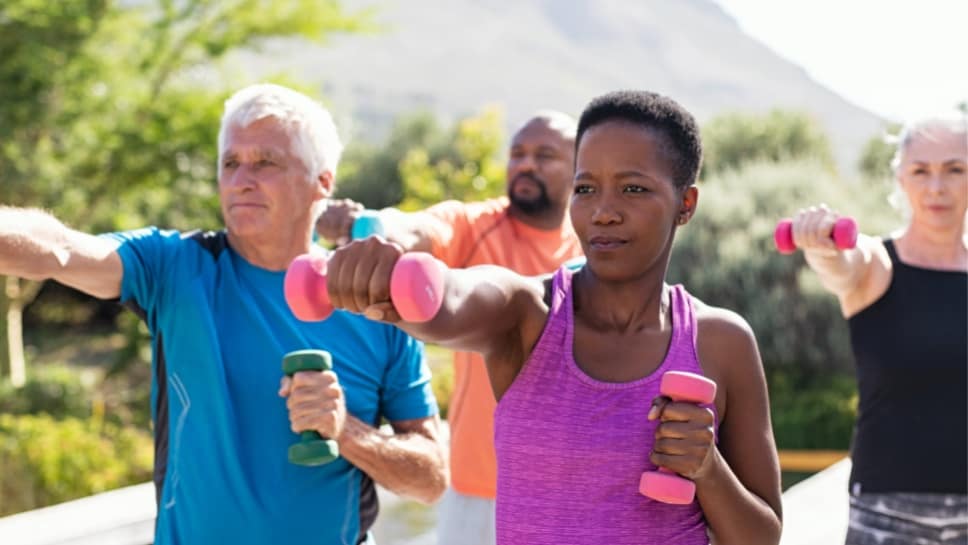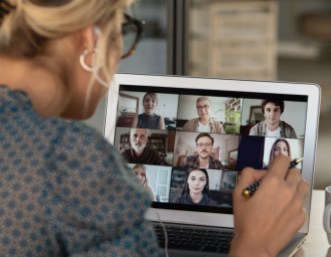Reduce your exposure to toxins in everyday life
This Environment Toolkit supports the information and guidance you receive in the Environment Module of the Anticancer Lifestyle Program. The module and the resources included on this page will give you tools you can use to make informed and wise purchasing decisions, in order to reduce your exposure to toxins common to daily living.
A report on human exposure to plasticizers in medical devices
The Scientific Committee on Emerging and Newly-Identified Health Risks released a report on the safety of medical devices containing DEHP-plasticized PVC or other plasticizers on neonates and other ri…
EWG’s Guide to Safer Cell Phone Use
1- USE A HEADSET OR SPEAKER Headsets emit much less radiation than phones. Choose either wired or wireless. Experts are split on which version is safer.
Silicone as a food contact material: A review
Researcher Birgit Geueke compiled an extensive dossier on silicone and conducted a review of silicone as a food contact material in the journal Food Packaging Forum. (For an interview with Dr.
Wooden cutting boards are safer and more hygienic compared to plastic
A study by Mohammad and Al-Taee looked at the growth of harmful bacteria, E Coli and Salmonella, on different types of cutting boards.
BPA and methylparaben counteract tamoxifen and rapamycin, used to treat breast cancer
A study by Goodson et al, published in the journal Carcinogenesis, found that treating breast cells with BPA led to marked resistance to rapamycin, which is used to treat breast cancer.
BPA causes DNA damage to and proliferation of breast cells
A study by Pfeifer et al, published in Environmental Health Perspectives, found that even at the low doses commonly present in humans, BPA significantly promoted DNA damage and caused proliferation of…
Join us in growing and sustaining the Anticancer Lifestyle Program
-
Learn about our mission, how the Anticancer Lifestyle Program works, and how our evidence-based curriculum helps cancer survivors, and those interested in prevention, become more active participants in their own health.Our Mission
-
The Anticancer Lifestyle Program empowers those who seek to gain control over their own health, by giving them the tools and information they need to live a healthy lifestyle. But don’t just take our word for it! See what our program participants have to say.Our Participants
-
To create our content, the ACLP draws on subject matter experts in the areas of diet, fitness, mindset, and personal environment. A Board of Directors and Advisory Board provide guidance and support.Our Board
-
Interested in learning more about lifestyle changes that can reduce your risk of cancer, cancer recurrence, and chronic illness? We make it easy for you to learn your way.Get Started
Ready to Take Charge of Your Health?
Sign up to receive recipes, event notices, news and useful tips about Anticancer living.





